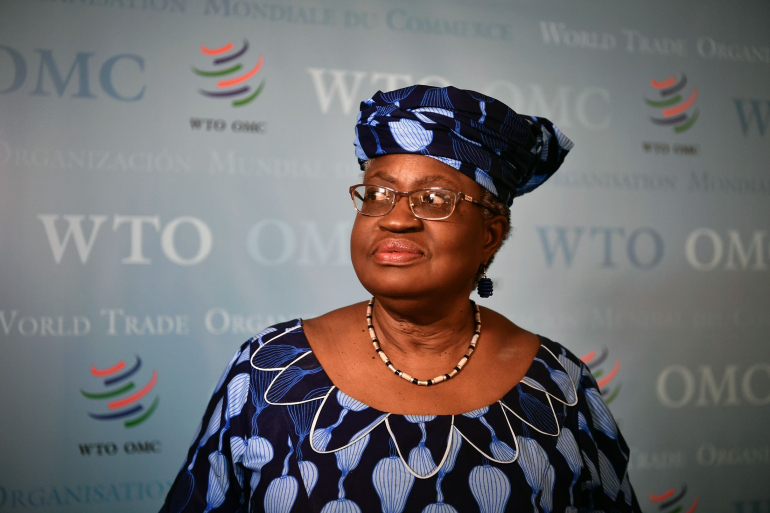Last March 1st, Ngozi Okonjo-Iweala, Nigerian economist and former Minister of Finance in that country, became the first woman and the first African to head the World Trade Organization. With 25 years of experience as Director General of the World Bank, she has been a member of the World Bank\’s Board of Directors for the past 25 years, Nigeria\’s first female Minister of Finance, former Minister of Foreign Affairs, and a member of the Board of Directors of Twitter and the Global Alliance for Vaccines and Immunization (GAVI), Okonjo-Iweala is the ideal person to lead the WTO in a context where the same changes, challenges and difficulties are being experienced at the same time around the world.
What is the WTO?
The World Trade Organization (WTO) is the only global international organization dealing with the rules of trade between nations. At its heart are the WTO agreements, negotiated and signed by the bulk of the world’s trading nations and ratified in their parliaments. With 164 member countries, it is one of the most important multilateral organizations. The goal is to help producers of goods and services, exporters, and importers conduct their business.
Throughout this post, we will explore the agenda of Ngozi Okonjo-Iweala, the first female head of the World Trade Organization (WTO). Join us to learn about her!
Ngozi Okonjo-Iweala becomes the first female director of the World Trade Organization (WTO):
The principle objectives of the new director of WTO:
- Update and modernize WTO rules. This will result in new opportunities for inclusion in international trade for women and micro, small and medium-sized enterprises (MSMEs), especially in developing countries.
- Ensure the transparency of the World Trade Organization (WTO).
- Fight the digital divide to achieve the participation of developing and least developed countries in negotiations related to digital trade.
- Strengthen cooperation between the WTO, member countries, the private sector and civil society.
- Ensure the access to coronavirus vaccines, treatments and diagnostics. To achieve this, it will be important to minimize or eliminate export restrictions, rejecting nationalism and vaccine protectionism around the world.
- Promote a circular and sustainable economy that recognizes the interdependence between trade and climate change.


